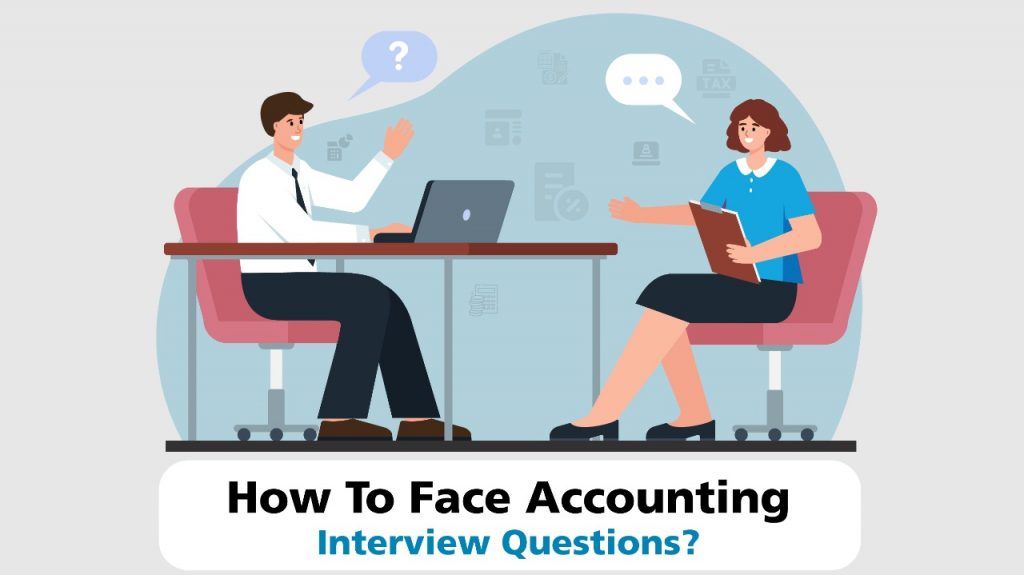If an accountant does his job well, crucial decisions can be made by the management at the right time and will help in increasing the revenue and profits of the business. Below are some important aspects an accountant should look into:
- Cash Flow: In simple terms, an accountant should track every single rupee coming in to the business and going out of the business. Recurring small value cash expenses are usually ignored or not given enough importance in the beginning. During a cash crunch, trying to immediately control these recurring expenses could be a disastrous attempt.
- Accounting software: Every business should buy or subscribe to any accounting software like Quickbooks, Tally ERP, Sage 50, SAP etc. to keep track of all accounts related transactions from the moment of the first business transactions. This also helps and supports the process of statutory audit and tax audit.
- Tax calculations: An accountant should have a fair idea about the current tax rates applicable to the business on the basis of a legal entity, turnover etc. He should also know whether tax audit under the direct tax law or indirect tax law is applicable to the business.
- Due date chart for all statutory compliances: A compliance calendar helps track important due dates & reporting requirements under various statutory regulations. Every accountant should carefully maintain a due date chart and follow it diligently.
- Tracking expenses during daily business activities: Working capital management is an important aspect for a business view. An accountant should have a thorough knowledge of the possible expenses to be incurred for the same.
- Proper classification of expenses under various heads: Direct and indirect expenses are to be classified under proper headings. Expenses need to be accounted on accrual basis.
- Purchase and sale of fixed Asset: Fixed Assets are to be recorded and monitored properly. Assets are to be classified under the correct block and depreciation shall be provided for the same.
- Provision for Bad debts: Debtors and creditors are inevitable for running a business. Debtors shall be classified under aging schedule and provision shall be made for non-payment of debts after a time frame. Creditors shall be made payment within the time frame to avail discounts. An accountant shall keep an eye on these transactions and act proactively.
- Payroll Management:-There will be number of employees in an organisation. Their salary is to be computed monthly taking into account leaves and allowances.
- Proper communication to the top management: Any matters relating to finance shall be communicated properly and timely for the quick decision





